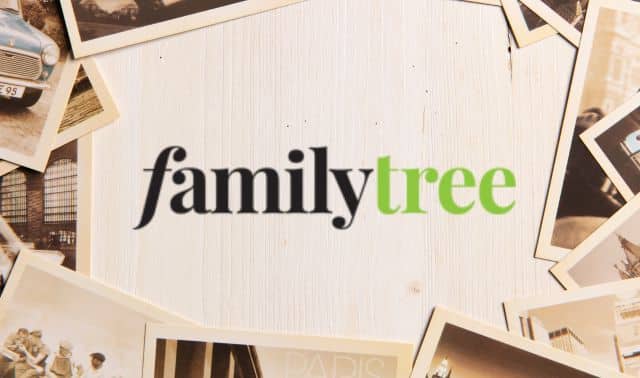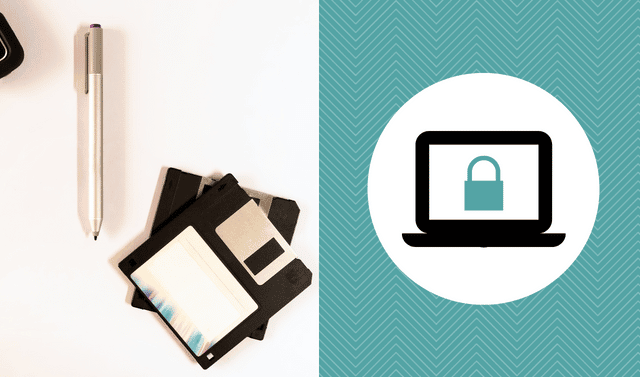Storing information online is easy for us — but will it make our descendants’ genealogy research difficult? Thomas MacEntee, founder of High-Definition Genealogy and GeneaBloggers, offers advice on making sure your online legacy lives on.
Q. What constitutes an “online legacy”?
A. For our grandparents, letters, telegraphs, greeting cards, invitations and other items could be saved in a box or a scrapbook. What’s the appropriate container for someone whose main forms of communication are emails and status updates on Facebook? We’re suddenly realizing the need for archiving our online communication in order for future generations to understand how we lived. The scope really depends upon how active a person has been online.
Q. How can I preserve my blog or website?
A. The nice thing about blogging platforms such as Blogger and WordPress is that backup options are built in (look for an Export function). Both will let you download your blog as an XML file. Save it to your computer, and burn a copy on CD to have multiple backups. The key is to back up on a regular basis — in the genealogy community, the first day of each month is Data Backup Day. GeneaBloggers has resources for backing up your data.
Q. What about my Facebook and Twitter activity?
A. You have to actively remember to back up your data yourself — there’s no automated backup. Facebook has a way to download all your posted data under Account > Account Settings > Download Your Information. (Watch a tutorial here.) With Twitter, you can use a third-party tool such as Tweetake or TweetBackup.
Q. How can I plan for my loved ones to access my online legacy after I die?
A. One popular method of data successorship is a “virtual lockbox” that contains all the keys for someone else to access data storage locations you specify. One such product is Arcalife, which offers 10,000MB of storage for $149.95 for life. Or you could include a list of websites with usernames and passwords with your estate planning documents. But this can be cumbersome to update, and if it’s lost or stolen, someone else can gain access to all your accounts.
It’s almost impossible to access online accounts for a deceased family member or friend. Unless you have the login and password, you may need to provide proof, such as a power of attorney document, to the website administrator to prove you’ve been designated to have access. Some sites make it easier than others. Facebook has a streamlined method of converting someone’s profile to a “memorial page.”
Resource Roundup
- Arcalife data storage, free, $49.95/year or $149.95/life, Arcalife
- Archival Gold CD-Rs, $74.99 for 25, Gaylord, (800) 448-6160,
- Digital Preservation: Personal Archiving, free, Library of Congress
- Your Digital Afterlife, by Evan Carroll and John Romano, $24.99, New Riders Press
Archival Action: Save Your Email
Time: varies
Cost: free
Email programs aren’t designed to keep correspondence indefinitely — if you’ve ever experienced a computer meltdown, you know how quickly you can lose all your files. Archive memorable exchanges with friends and family for future enjoyment with these tips from the National Digital Information Infrastructure & Preservation Program.
- Choose messages you want to preserve. Don’t try to save everything — selectivity will keep the job manageable.
- Export individual messages by using the Save As command in your email program. If exporting many files, see if your email program will automatically export a batch.
- If possible, save your messages in an open format (such as TXT, a plain-text file) and save descriptive data (or “metadata”), such as to/from, date/time and subject headers.
- Organize exported messages and attachments in digital folders with descriptive file names for easier reference and retrieval. With them, save a brief written summary of the files and their contents.
- Save backup copies of the folders on a portable hard drive or flash drive, in online storage and/or on CDs in different physical locations.
- Include a written summary and the location of files with your other important documents. Store them in a secure location.
- Check your archived message files annually for readability and create new copies (in new formats if applicable) every few years as needed.
From the September 2011 issue of Family Tree Magazine
More great genealogy resources from Family Tree Magazine:




